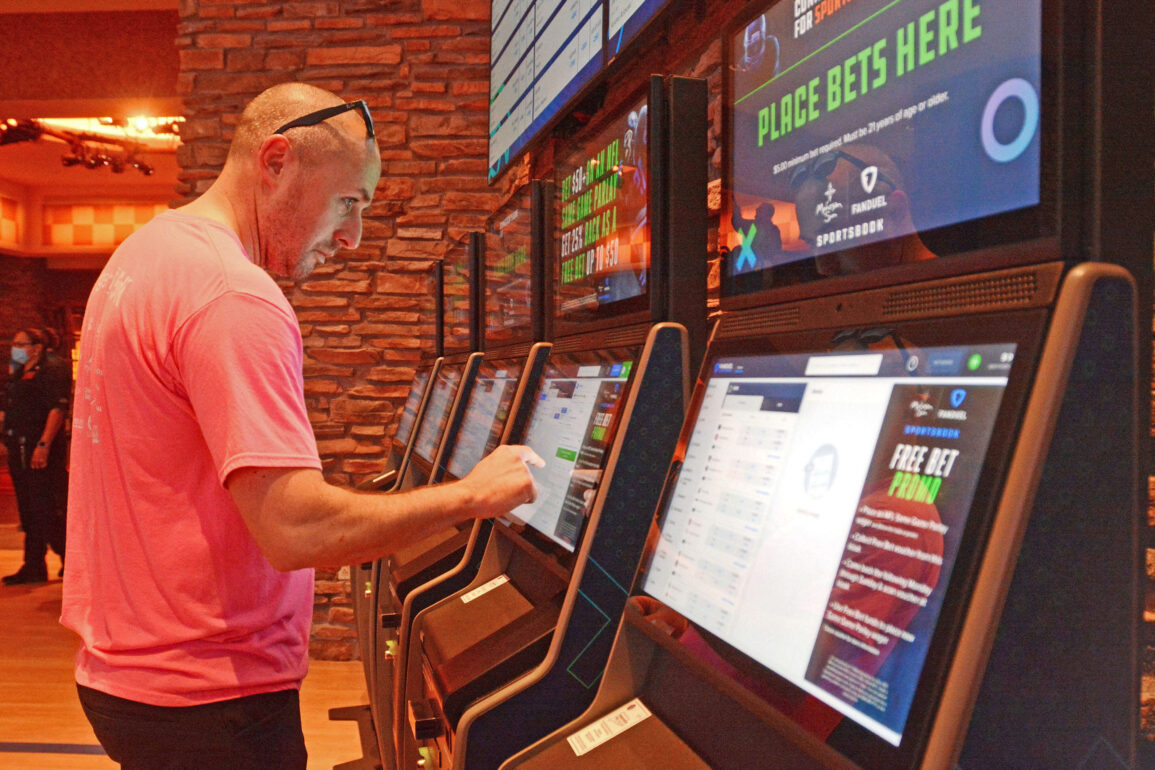Gambling has always been a prominent theme in Hollywood, frequently employed to drive tension and create suspense. However, when it comes to depicting specific types of gambling, Hollywood’s accuracy can be hit or miss. An intriguing case study is its portrayal of Arkansas sports betting.
Over the years, numerous films have showcased this niche market, providing both cinematic thrill and cultural commentary. These representations range from the glamorized and fictionalized to more accurate and nuanced portrayals, reflecting societal perceptions and inherent biases regarding gambling.
Historical Overview of Arkansas Sports Betting in Film
The Early Days: Mythologizing the South
In the golden age of cinema, Arkansas was often painted with broad strokes, where sports betting was embedded within scenes of horse racing and back-alley dice games. Movies like “Southern Charms” (1945) and “Delta Dreams” (1953) presented an Arkansas steeped in tradition, where sports betting was more of a community event than a commercial enterprise.
This representation was in part shaped by Hollywood’s broader portrayal of the South. Arkansas, in these films, played into narratives of southern hospitality, family ties, and age-old rivalries, where betting was both a form of social currency and entertainment.
Furthermore, these films often romanticized the idea of the South, where Arkansas became a backdrop for both the allure and perils of gambling. The lush landscapes, community gatherings, and deep-seated traditions offered an attractive contrast to the frenetic world of city-based gambling dens.
Modern Depictions: Recognizing Regulation
By the late 1990s and early 2000s, as the real-world landscape of sports betting in Arkansas underwent transformations, so did its representation in cinema. Movies like “Trackside Tales” (2001) and “Wagered Wits” (2007) illustrated a more regulated betting scene, showcasing legitimized bookies, high-end sports bars, and digital betting platforms.
The more recent cinematic tales, often drama-thrillers, focus on the intricacies of the sports betting world, the conflicts between legal betting houses and underground operations, and the personal costs of addiction and ambition.
A notable development in these films is the increasing focus on the ethical dilemmas faced by characters. The blurred lines between legitimate business operations and criminal underbellies, as well as personal integrity versus financial gain, provide rich narrative material and commentary on the evolving nature of sports betting in Arkansas.
Character Archetypes: From Bookies to Bettors
The Scheming Bookie
Almost always the antagonist, this character is shrewd, opportunistic, and often involved in shady dealings. Films like “Razorback Run” (1999) portray bookies as manipulative figures, pulling strings from behind the scenes.
These bookies serve as powerful reminders of the dangers lurking in the world of gambling. They’re often shown leveraging inside information, exploiting vulnerable bettors, and skirting the law to maximize their profits.
The Hopeful Bettor
Often the story’s protagonist, this character is drawn into the world of Arkansas sports betting either out of desperation or ambition. They might start with modest bets, but as their stakes increase, so do their problems. Their journey usually serves as a moral lesson about the dangers of unchecked ambition or the unpredictability of luck.
The nuanced portrayal of these bettors underscores the multi-dimensional nature of gambling. While some find temporary success and thrill, others grapple with personal losses, strained relationships, and spiraling debts. This dichotomy paints a comprehensive picture of the gambler’s psyche, balancing the allure of potential wins with the haunting specter of loss.
Setting and Atmosphere: From Dive Bars to Digital Spaces
Physical Spaces: The Old Guard
Dive bars, race tracks, and underground gambling dens have been staple settings in older films. These places evoke a sense of nostalgia, camaraderie, and sometimes danger.
The depiction of Arkansas’s betting scene in these venues often showcases the camaraderie of regular bettors, the rhythm of habitual gambling, and occasionally the fallout from a bad bet.
Moreover, these venues often serve as intersections of diverse socio-economic classes. The rich mingle with the poor, and stories unfold where fortunes are made or lost overnight. Such settings add depth to the narrative, reflecting the egalitarian nature of gambling, where anyone, regardless of background, has a shot at success or failure.
Digital Transformation: The New Frontier
In the age of smartphones and online platforms, movies have begun exploring the world of digital betting. Here, the stakes are higher, the world is more impersonal, and the pace is relentless.
Films like “Digital Gamble” (2018) and “Online Odds” (2020) spotlight the convenience and allure of online betting but also underscore the detachment and isolation it can foster. They question the ethics of algorithms, the security of online transactions, and the changing nature of addiction in the digital age.
The portrayal of digital spaces reflects our modern anxieties and fascinations. As the digital frontier continues to expand, films grapple with issues of surveillance, cybercrime, and the psychological effects of virtual gambling, weaving these themes into complex narratives that resonate with contemporary audiences.
Conclusion: Hollywood’s Interpretative Lens on Arkansas Sports Betting
While Hollywood’s take on Arkansas sports betting has evolved over the decades, it continues to be a mirror reflecting societal attitudes, concerns, and fascinations. From the communal nature of traditional betting to the isolation of the digital age, the movies capture the essence of the times. As Arkansas’s sports betting landscape changes, so too will its cinematic portrayals, offering both a window into the past and a vision of the future. These films, whether intentionally or not, participate in a larger dialogue, influencing and reflecting public perceptions, shaping our understanding of gambling’s role within the fabric of society.



